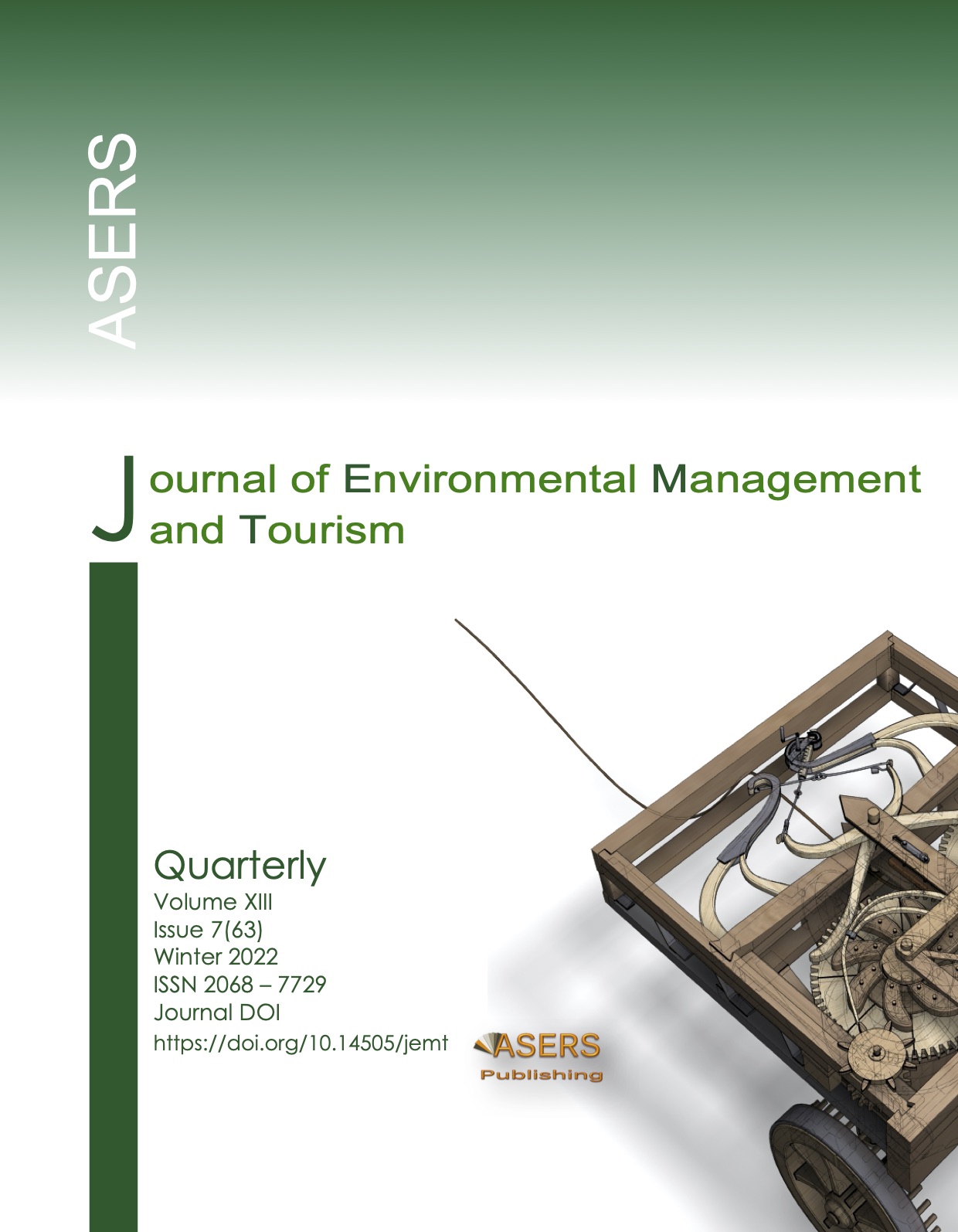Development of Ecosystem Stability as a Tool for Managing Agricultural Areas in the Republic of Kazakhstan: Problems and Opportunities for their Resolution
Development of Ecosystem Stability as a Tool for Managing Agricultural Areas in the Republic of Kazakhstan: Problems and Opportunities for their Resolution
Author(s): Aiym Seidakhmetova, Daniyar Kaldiyarov, Stefan Dyrka, Assel Bedelbayeva, Alimzhan KaldiyarovSubject(s): Economy, Agriculture, Social development, Management and complex organizations, Environmental interactions
Published by: ASERS Publishing
Keywords: ecosystem approach; ecological-landscape planning; quality of life; management of effective integration of rural areas;
Summary/Abstract: Agricultural areas are extremely challenging as an object of administrative influence. The problems existing in agricultural areas cannot be overcome without research, the results of which can help managers to make effective decisions. The study aims to analyze the development of ecosystem stability as an instrument for managing agricultural territories in the Republic of Kazakhstan. Through the methods of focus groups and expert survey, the study identifies the key directions of activity to improve ecosystem stability as a tool for managing agricultural territories in Kazakhstan. The authors conclude that the problems of agricultural territory management require direct intervention of the state through the application of various instruments promoting the stability of the ecosystem of agricultural lands. Several directions of work are recommended to be developed to overcome the identified problems. First, the application of the ecosystem approach to the development of stability of agricultural land in Kazakhstan must focus on strengthening the system of innovative development and the management of effective integration of rural areas. The second recommendation suggests the improvement of land and water use based on the ecological-landscape approach. The third direction is the improvement of the quality of life in agricultural territories through better provision of public goods and basic services to the rural population. Furthermore, the regulatory influence of the state should extend not only to the economic sphere, but also to the adjacent spheres of human activity and the use of natural resources.
Journal: Journal of Environmental Management and Tourism (JEMT)
- Issue Year: XIII/2022
- Issue No: 7(63)
- Page Range: 1993-2001
- Page Count: 9
- Language: English
- Content File-PDF

